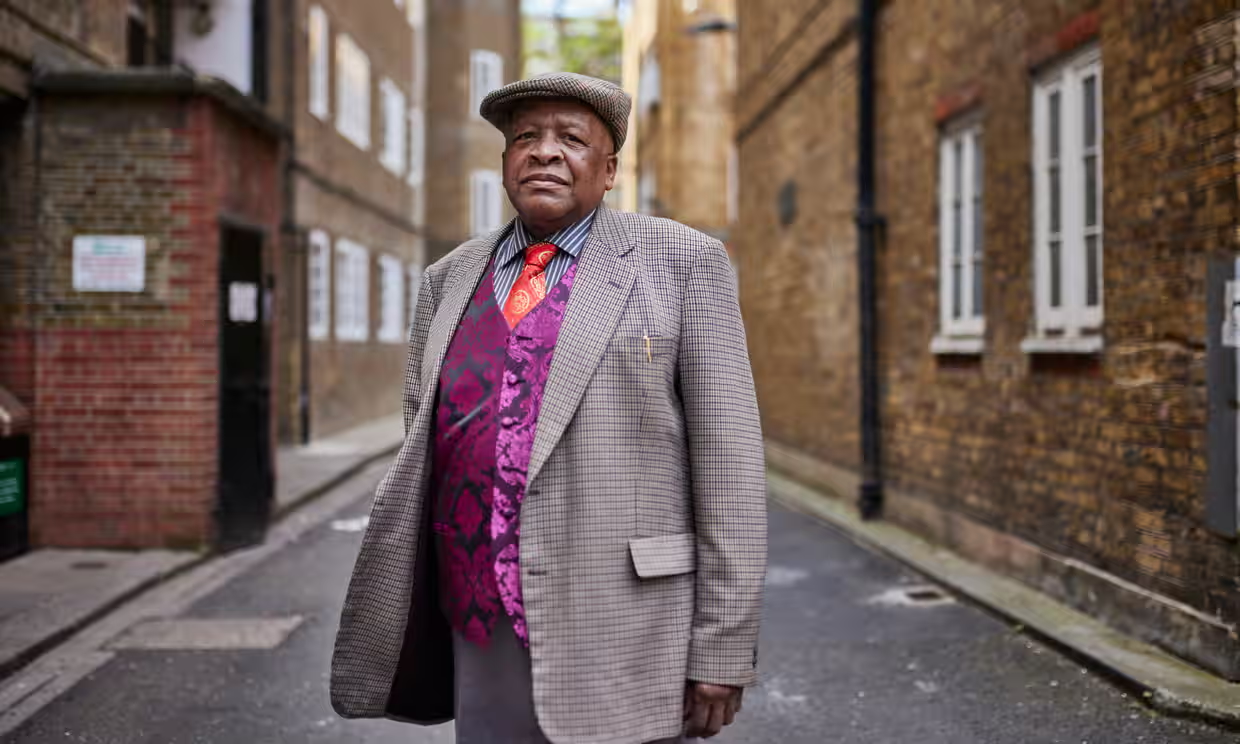The Observer
Airbnb ethics; reading habits; West Indian domino players


Airbnb has just announced the biggest change to its site in a decade. The online accommodation marketplace has redesigned its site to move away from the “archaic” ways of booking by encouraging visitors to focus on the type of home they want to stay in rather than the destination. Now, the homepage features labelled icons connecting you to barns, mansions, treehouses, domes and even islands. It has also introduced “split stays” to make it easier to share your time between two places.
I’m just back from Italy, where I indulged my Airbnb habit, and I’m hoping this change – in part Airbnb’s answer to over-tourism in certain places and to the site’s role in inflating the cost of local rents – will be helpful. It has always been a tough pill to swallow that my stays in New York or Paris have in some way contributed to raising rental costs to locals. And yet Airbnb has become so integral to the way that I and many others travel. Frankly, I can’t go back to holiday resorts and hotels and so my fingers are crossed. There’s only so long I can compromise my ethics to feed my fascination for seeing what other people’s houses look like.
Tome truths
As a regular Observer books critic, I can power through a book in a few days if need be, but lately I’ve been struggling to start anything that isn’t for work. I can’t seem to allow myself to sink into a story without being seduced by a meme or some banter in my WhatsApp group chats.
Like a lot of people, I began reading much more during the pandemic. A quarter of UK adults have kept up with lockdown reading habits even after the restrictions were eased, according to a new survey, but not me. I’m struggling to stay afloat in an ocean of unread books – yet I can’t stop buying them. The ratio of books I’m reading to buying is easily one to five.
Still, I’m trying to not feel too guilty about it. I’ve come to accept that disciplined reading is a seasonal thing. When I worked at a gallery as an invigilator in my early 20s, I powered through short story collections with a ferocity during my shifts. When I started a book club with friends, feminist texts were my sustenance. I’ve also gone months without touching a single book.
I’m putting it all down to socialising too much and the fact it’s been a stellar few months for celebrity scandals. I know that the fire in me to finish a novel or a memoir will return, if only to smugly share my “favourite books I’ve read in 2022” list on social media at the end of the year. What’s the point in reading if it’s not to feel like you’re better than everyone else?
Criminalising fun
It was frustrating to read about the West Indian domino players in Maida Hill market square in London who were summoned to court by Westminster city council and accused of being too noisy. It was heartbreaking to hear the story of Ernest Theophile, a 73-year-old interviewed by the Guardian, talking about how important the square is to him and how he and others are being threatened with jail if they are caught “playing loud, amplified music, drinking alcohol and shouting and swearing”.
It’s hard not to see the whole thing as being anti-Black. (Whatever the reason, on Friday, central London county court found the council’s decision “flawed” and “untenable”.) Remember in 2015 when a group of Black women were kicked off a Napa Valley Wine Train tour after they were said to be laughing too loudly? Different environment, same sentiments.
Personally, I think these gatherings, noise and all, are what community is all about. To criminalise gatherings and laughter and fun is to erode the very culture that makes London London.